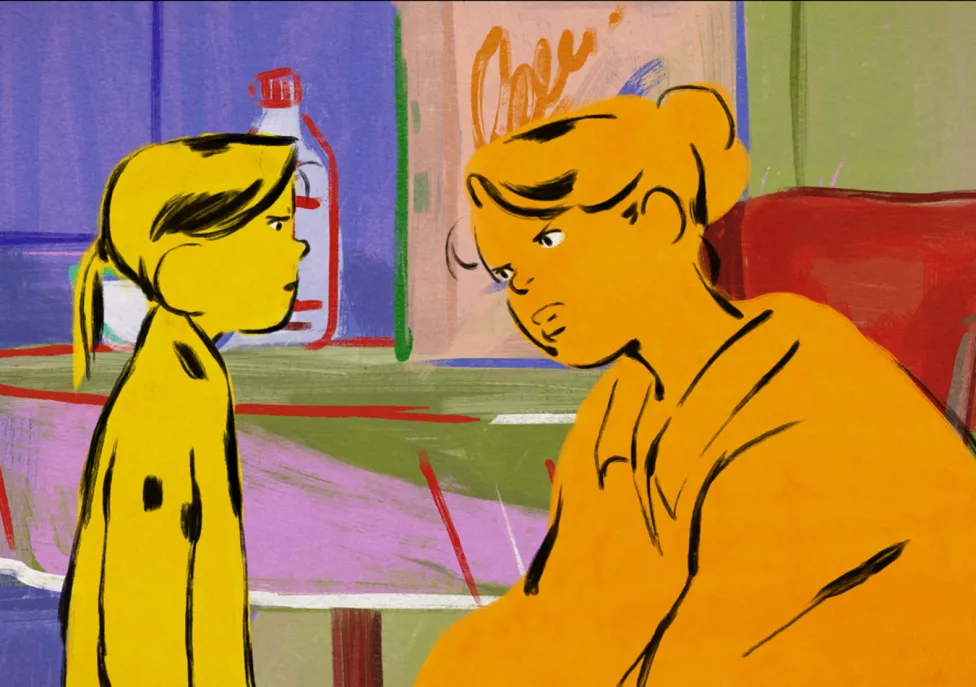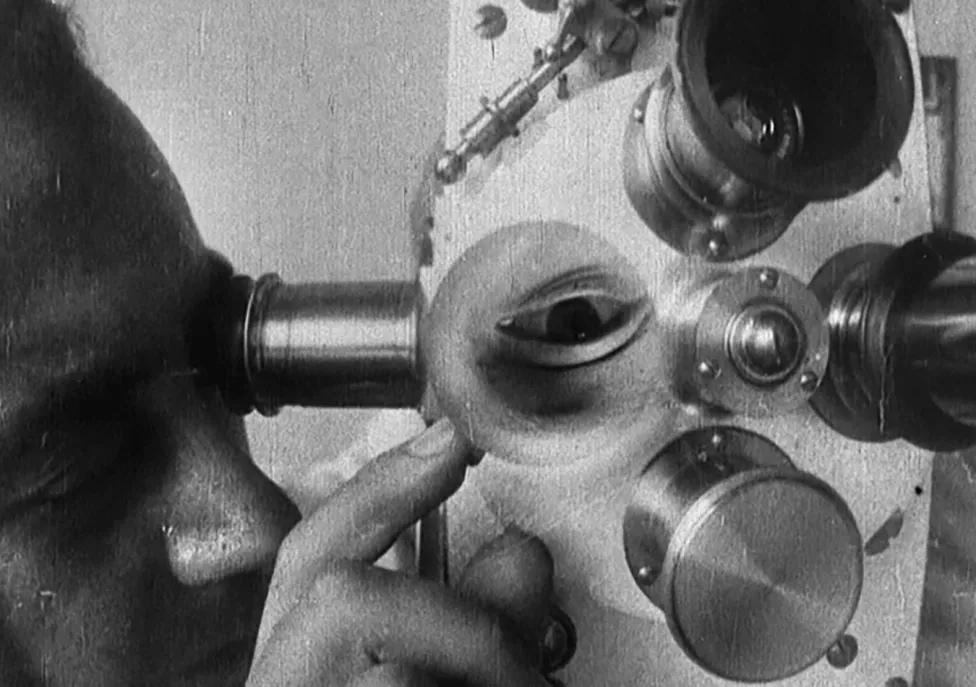Banel & Adama
Get tickets:
Friday, Jul 5, 2024
7 p.m.
Saturday, Jul 6, 2024
7 p.m.
Sunday, Jul 7, 2024
2 p.m.
| General admission | $10.50 |
| Senior, Students, and DIA Members | $8.50 |
+$1.50 online convenience fee
Senegal/Mali/France/2024—directed by Ramata-Toulaye Sy | 87 min.
Set in northern Senegal, this extraordinary directorial feature debut tells the story of Banel and Adama, a young couple very much in love who want to live their own lives. But for the rest of their tight-knit village, duty dictates that Adama accept the role of chief. Nature intervenes: the rains do not come; the cattle succumb to illness; the men leave.
The film is a lush, lyrical fable that soars to heights of longing and descends into the realm of myth, sending its protagonists' love on a possible collision course with their community’s long-held customs.
Banel & Adama is one of the rare Senegalese films to have premiered in competition at the Cannes Film Festival and was Senegal's official submission to the 2024 Academy Awards®. In Pulaar with English subtitles.
"A striking debut that puts Sy on the map as a purveyor of deceptively gorgeous visions, evoking our cinema’s philosophical high priest, Terence Malick.” –Sophie Monks Kaufman, IndieWire

Senegal/Mali/France/2024—directed by Ramata-Toulaye Sy | 87 min.
Set in northern Senegal, this extraordinary directorial feature debut tells the story of Banel and Adama, a young couple very much in love who want to live their own lives. But for the rest of their tight-knit village, duty dictates that Adama accept the role of chief. Nature intervenes: the rains do not come; the cattle succumb to illness; the men leave.
The film is a lush, lyrical fable that soars to heights of longing and descends into the realm of myth, sending its protagonists' love on a possible collision course with their community’s long-held customs.
Banel & Adama is one of the rare Senegalese films to have premiered in competition at the Cannes Film Festival and was Senegal's official submission to the 2024 Academy Awards®. In Pulaar with English subtitles.
"A striking debut that puts Sy on the map as a purveyor of deceptively gorgeous visions, evoking our cinema’s philosophical high priest, Terence Malick.” –Sophie Monks Kaufman, IndieWire








